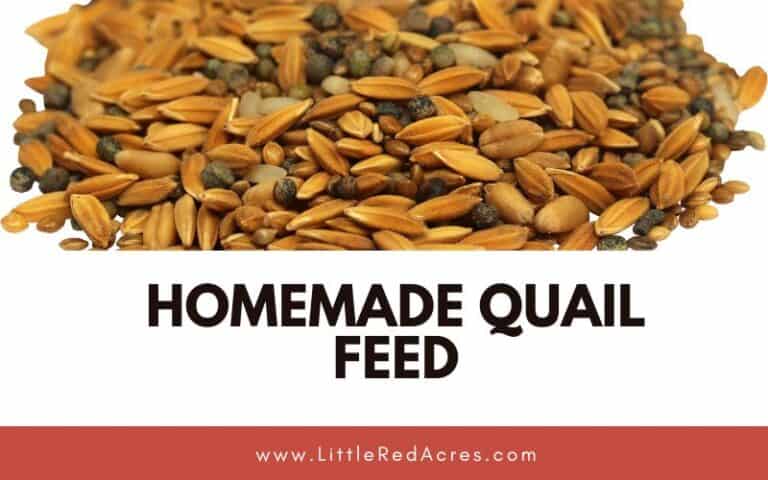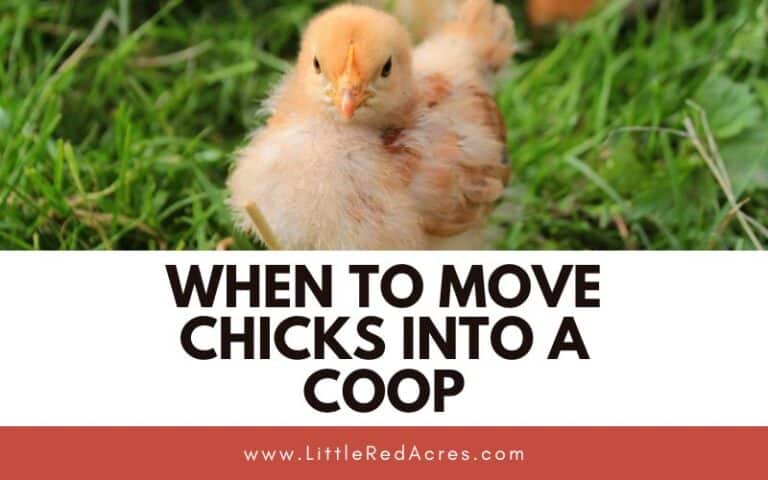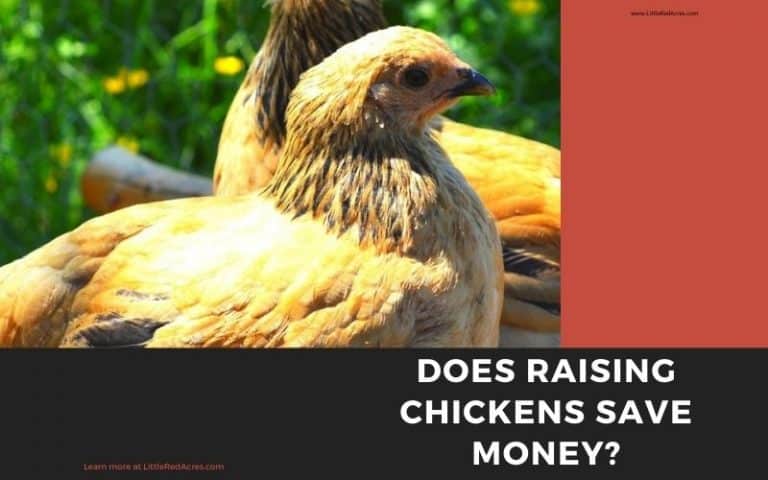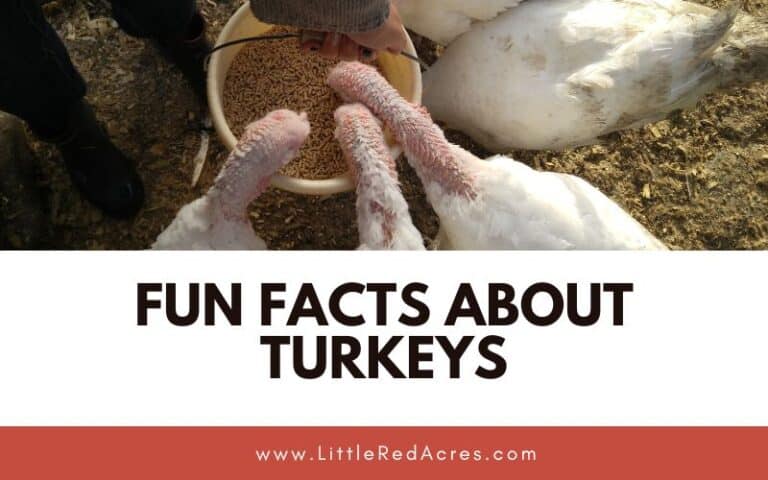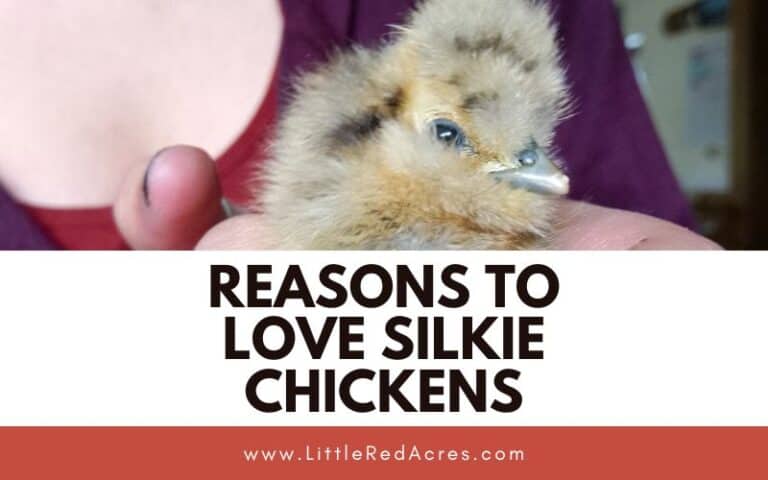Quail Eggs for Babies
When it comes to introducing solid foods to babies, parents have a lot of choices. Some parents opt to start with rice cereal, while others choose to introduce fruits and vegetables first. Quail eggs for babies can be a great first food that is a nutrient-rich food that can offer babies a variety of health benefits.
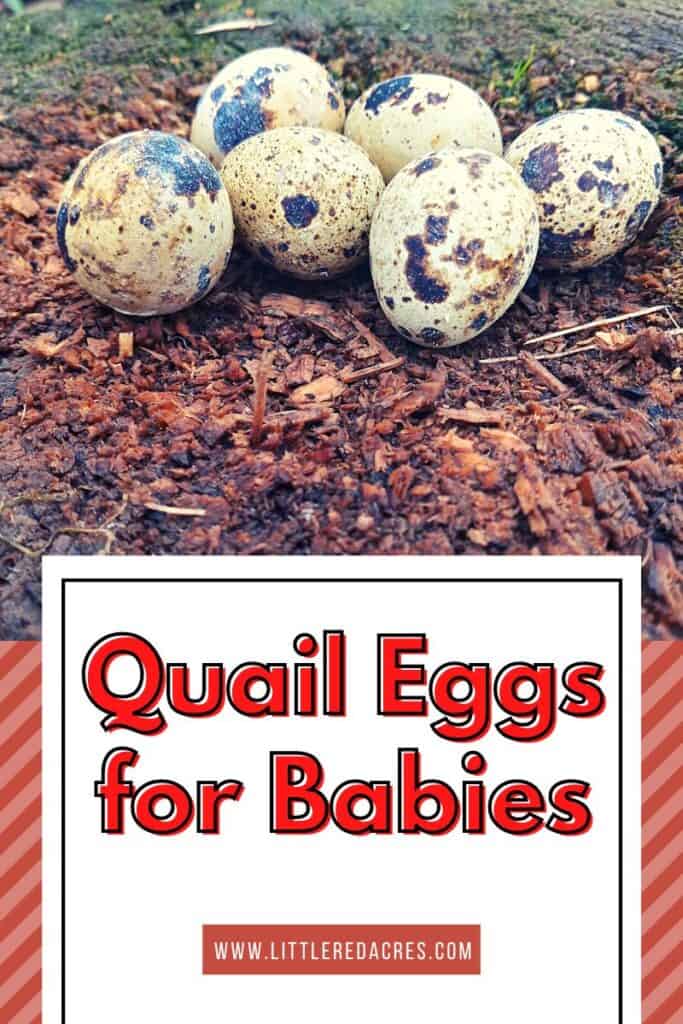
This post may contain affiliate links, see my disclosure policy for more information.
Quail Eggs for Babies
Eggs are a terrific source of fat and protein, plus they contain lots of iron and even some zinc—two nutrients that babies need to thrive.
When you are introducing eggs to your baby, it’s recommended to start with a small quantity, for example, one small slice of a plain omelet, or a small quail egg.
Are quail eggs a common choking hazard for babies?
They can be served whole as hard-boiled eggs. I think it is best to reduce the risk of choking and quarter the cooked eggs or at least slice them in half length-wise.
Hard boil them! Hard-boiled quail eggs (or any hard-boiled egg) that are cut in half or quartered are the perfect food for young eaters, and especially for babies in the 9 to 12 month age range, who are working on their pincer grasp (where the thumb and pointer finger meet).
Offer hard-boiled quail egg cut in half (or quarters if you feel more comfortable with even smaller pieces).
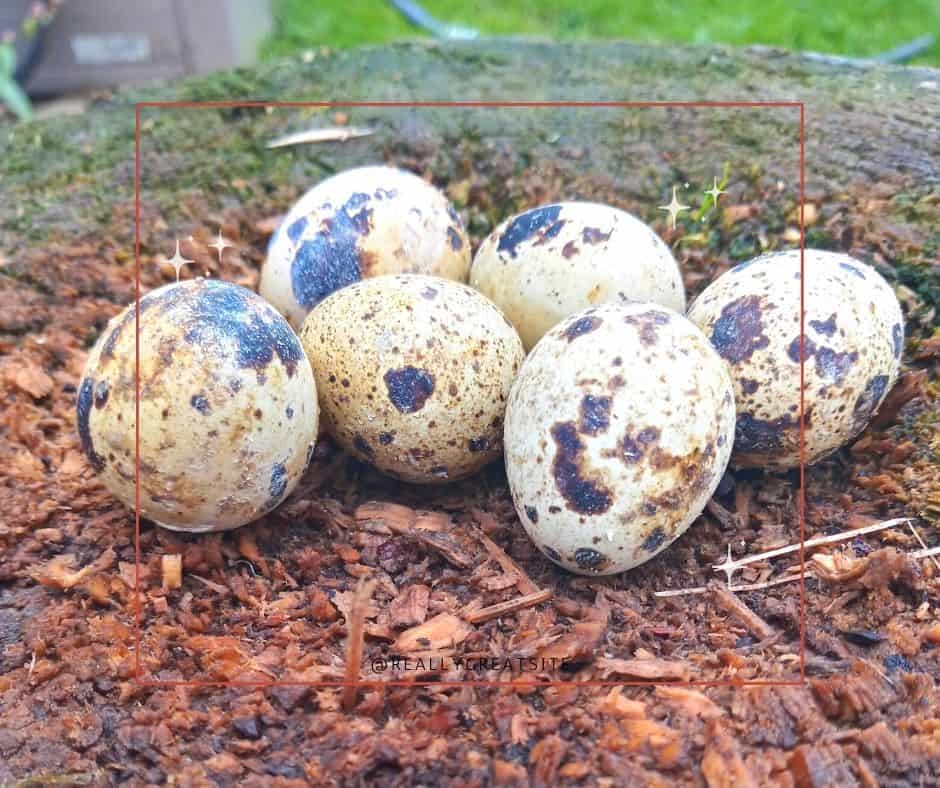
Why You Might Prefer to Give Quail Eggs Over Chicken Eggs
More Nutritious than Chicken Eggs
In fact, researches show that quail eggs have 3 to 4 times more nutritional value than chicken eggs. These small eggs pack a punch!
Allergy Risk
If you are putting off introducing eggs to your child because you are terrified of an egg allergy, quail eggs may be a better choice. They don't cause egg allergy as chicken eggs often do.
Salmonella Risk
Quails have a body temperature higher than chicken and in this high-temperature salmonella cannot survive.
Quail eggs are less susceptible to bacterial contamination and infection than chicken eggs due to the role played by the lysosomal enzyme they contain.
In the end, do what is best for your family, and your child when it comes to giving them new foods. Talk to our healthcare professional if you have any questions or concerns.


